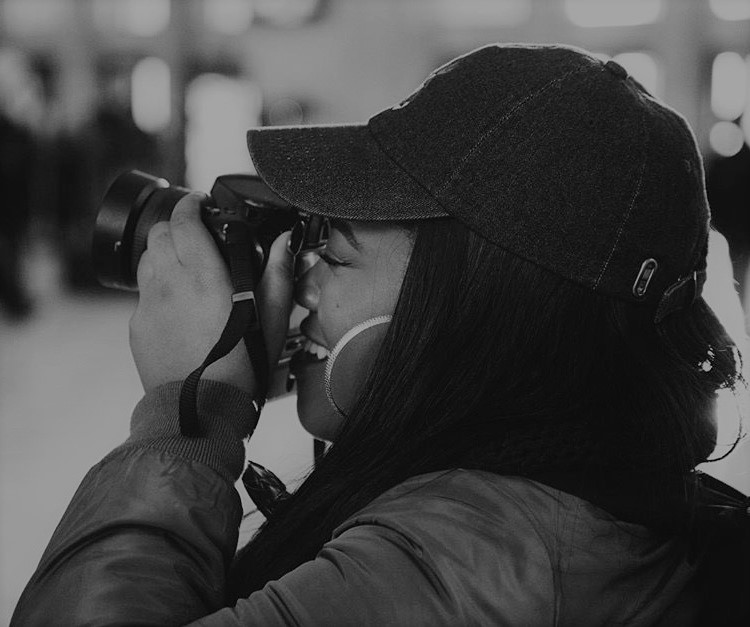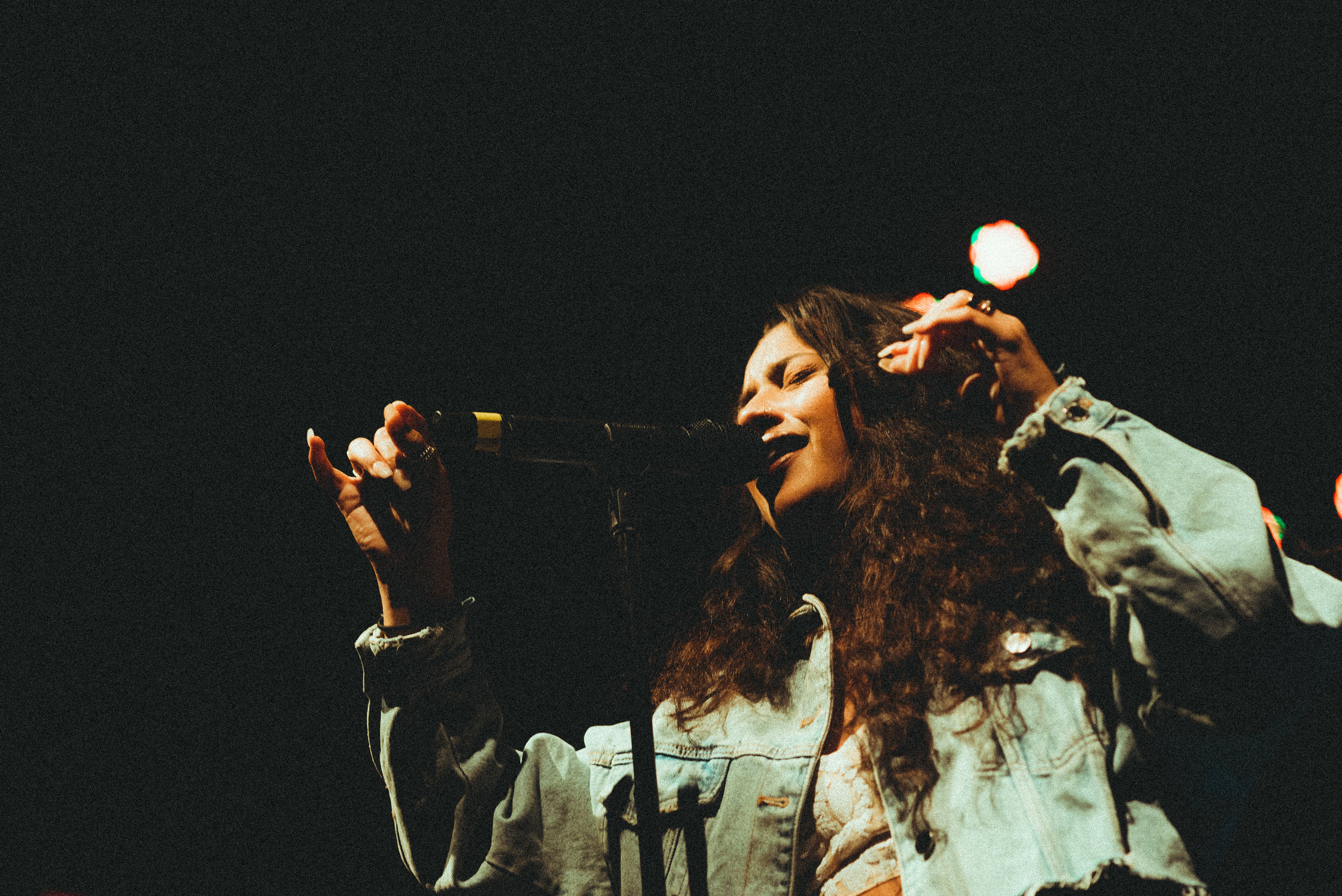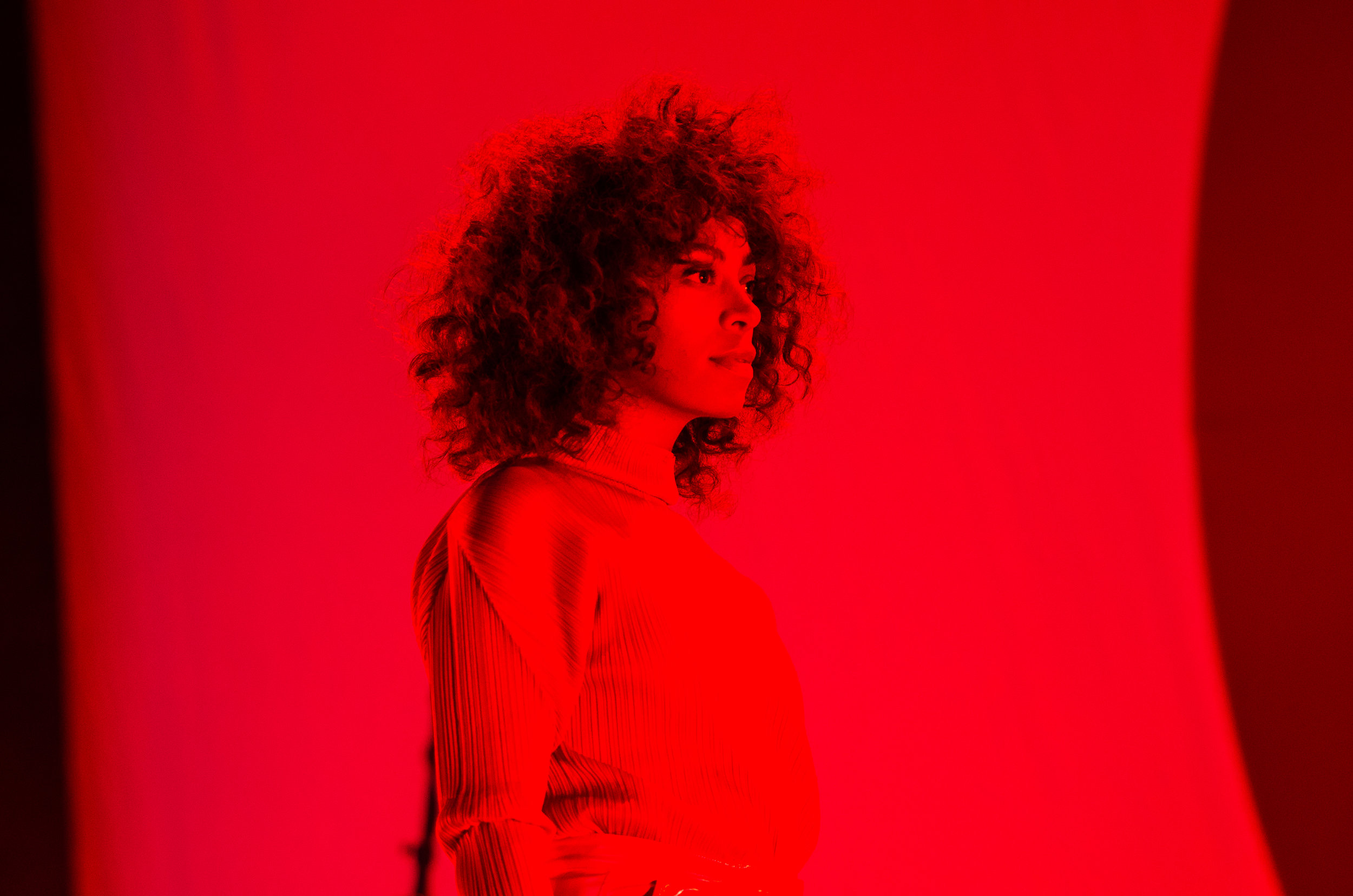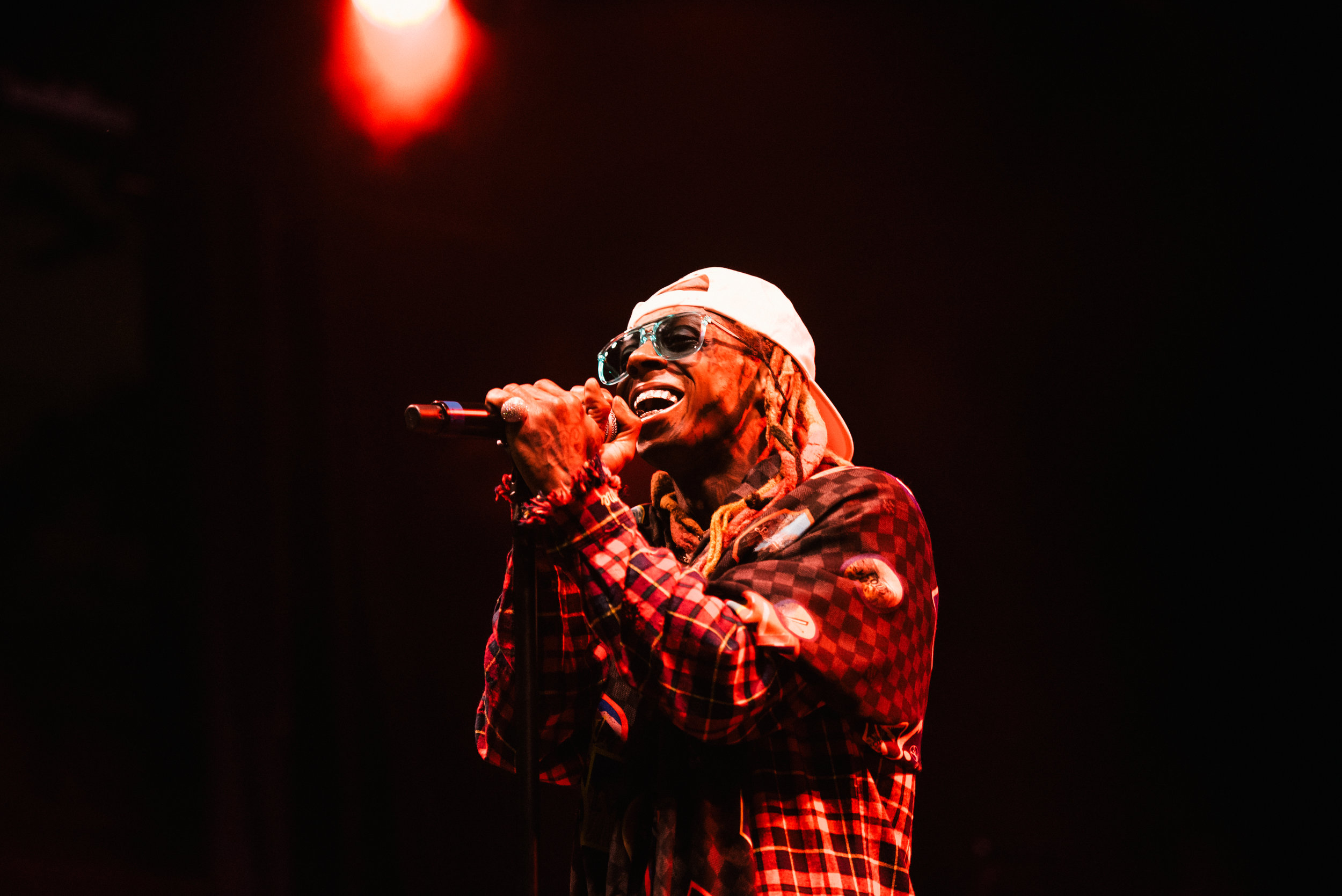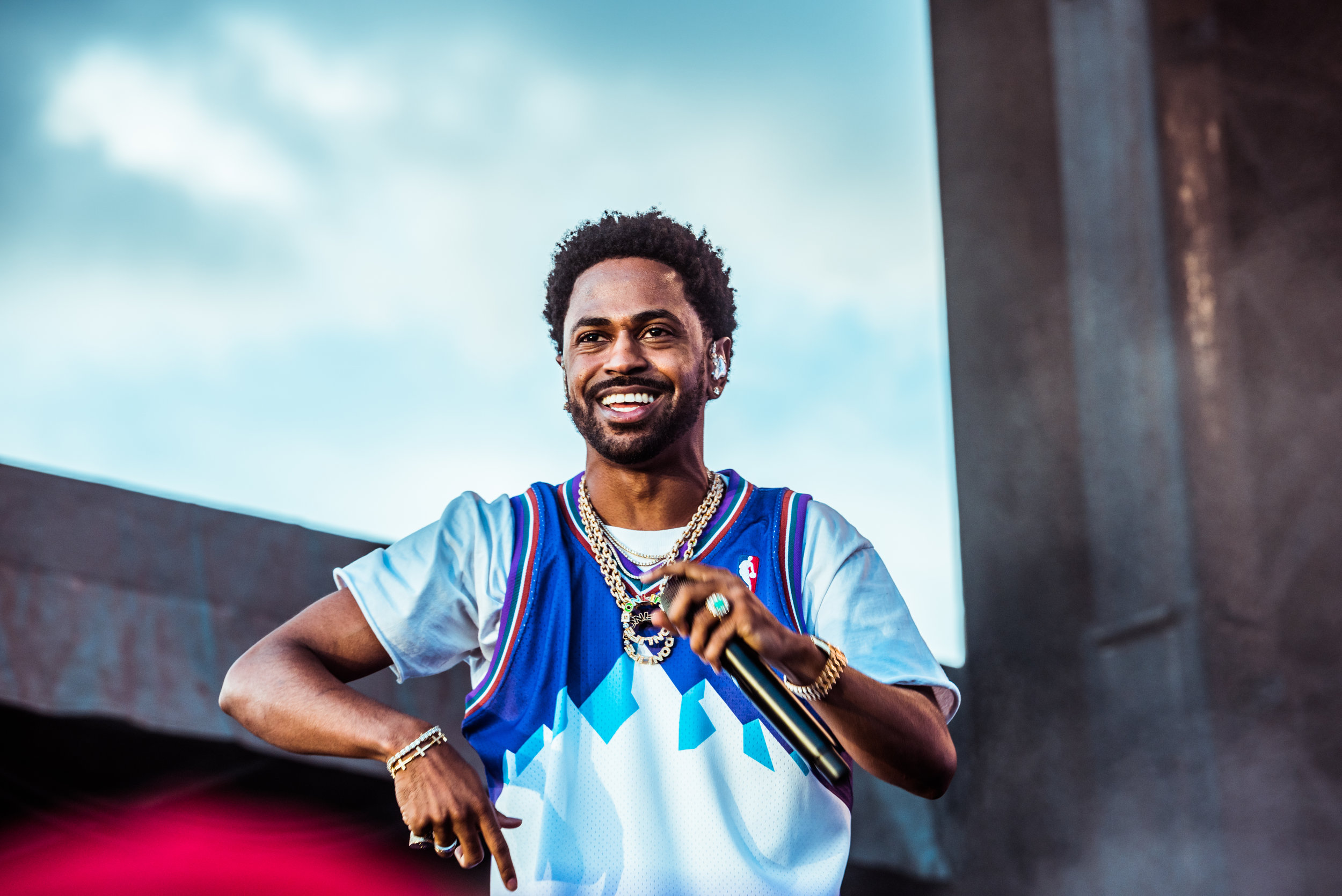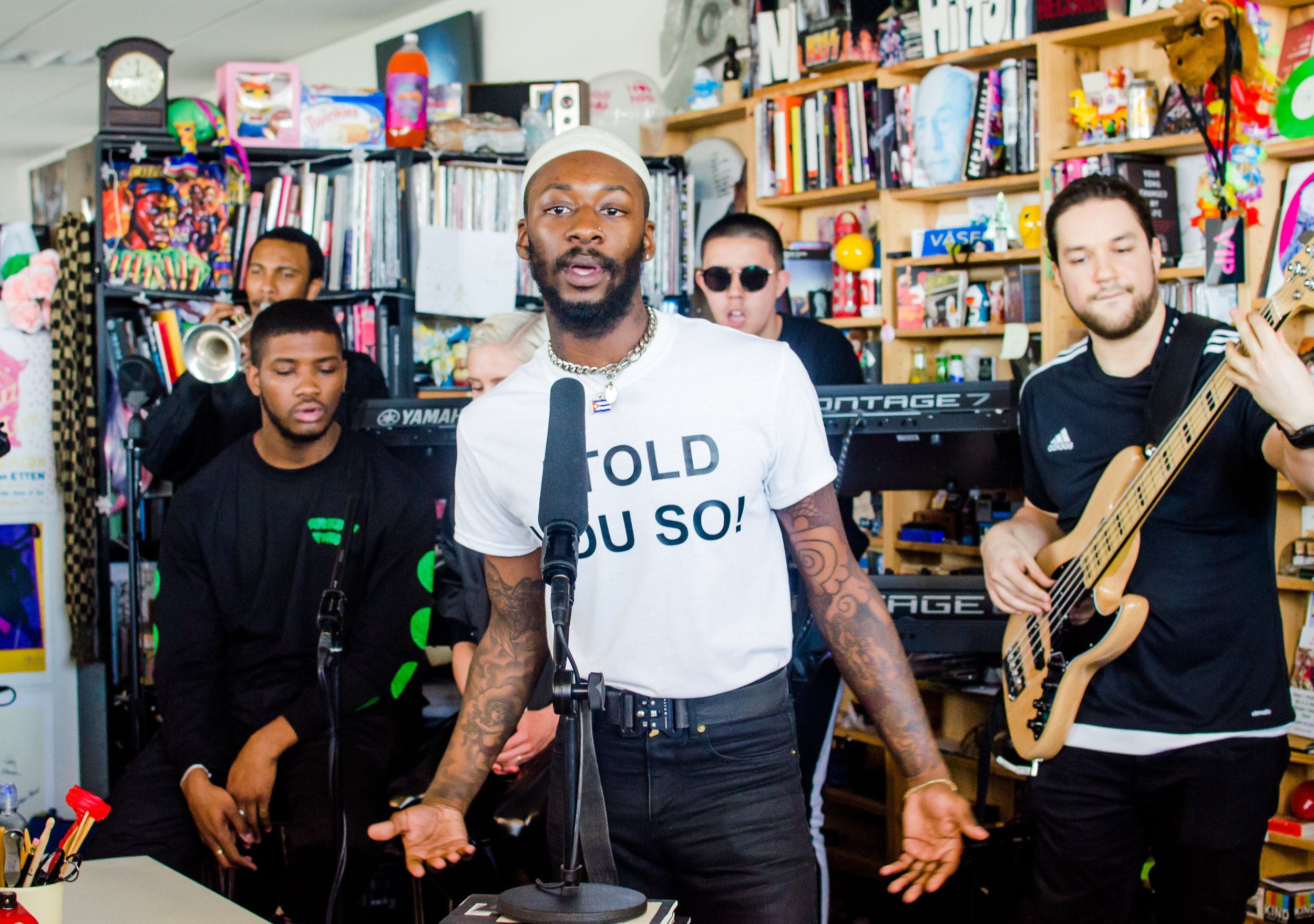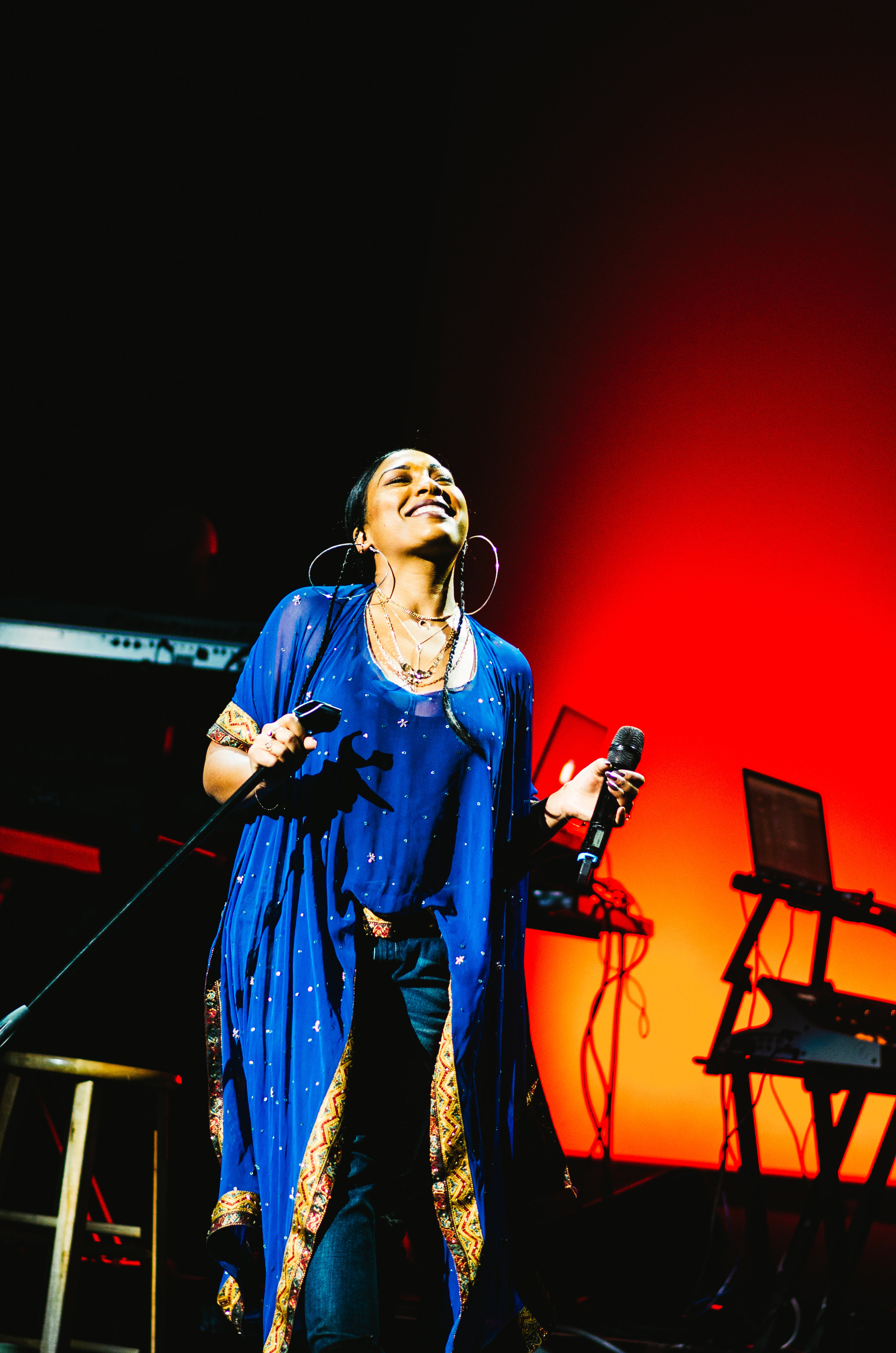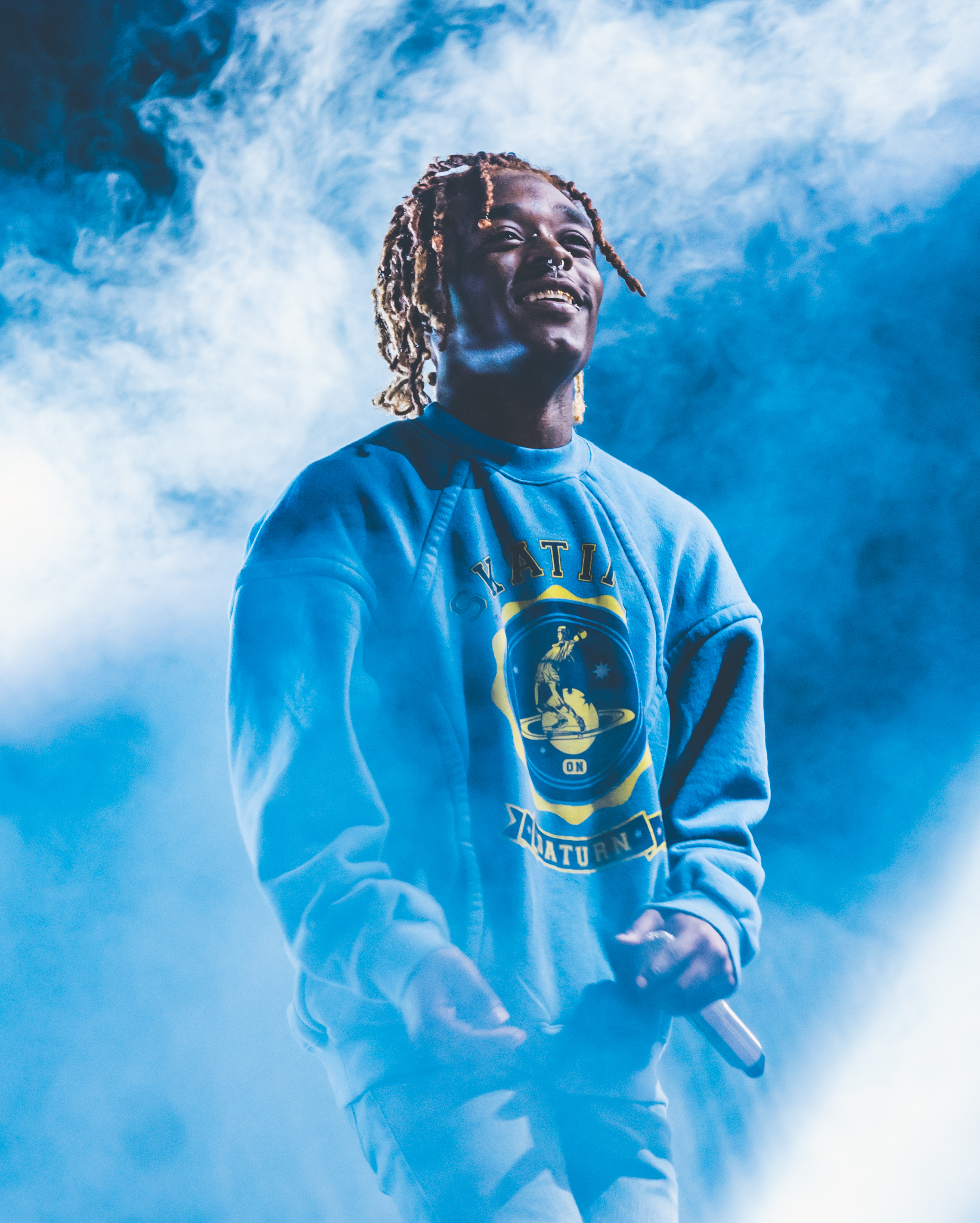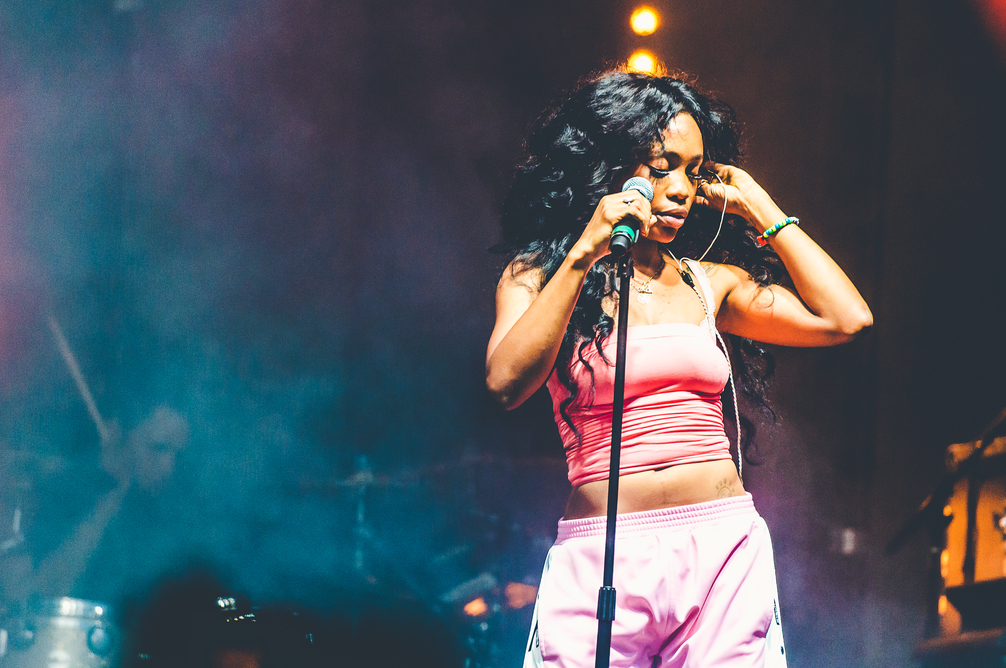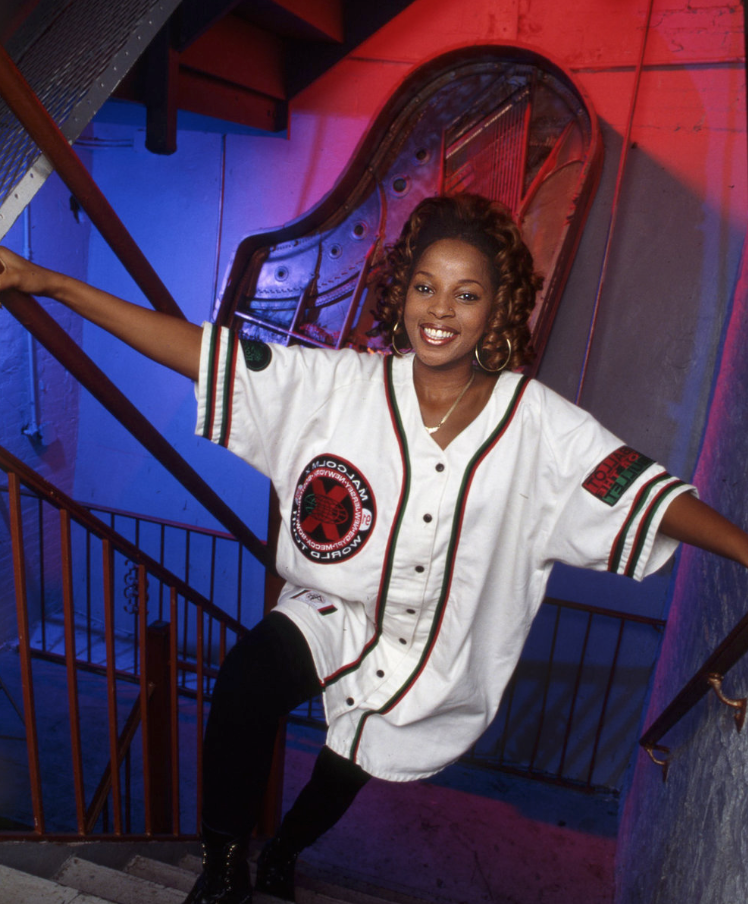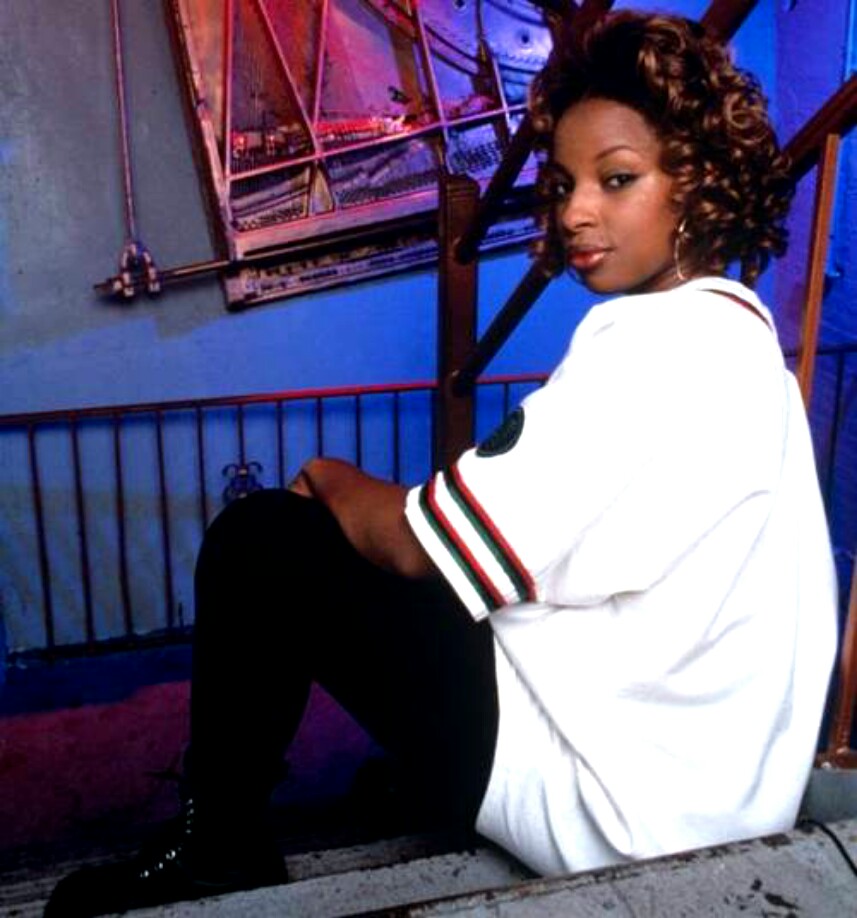Chynna’s name popped up on my timeline a few weeks ago. Her photos at D’Usse Palooza were getting a ton of retweets, and she was getting a bunch of shout outs from what seemed like hundreds of people on Twitter. It was one of my favorite things to see: the amplification of Black women and their work. She’s shot what seems like everyone, from Solange to Big Sean to Uzi to Goldlink. Just as amazing was the fact that she had been invited to shoot D’Usse Palooza alongside Ravie B, a seasoned photographer who has not only captured shots of some of the biggest names in rap like Future, Drake and Kanye, but even shot the tour of the goats themselves: Beyoncé and JAY-Z. Chynna didn’t decide to put her all into photography until two years ago. Talk about a come up.
We caught up with Chynna to talk about her introduction to photography, what actually makes a good photo and her dream people to capture.
What is the culture like in PG County and how does it influence your photography?
It’s a mix of a bunch of people that come from a bunch of different ways of life. But the best part about it to me is that a lot of them are Black. You just see a lot of Black excellence.
When did you get into photography?
In high school-2010 is when I took my first photography class…I didn’t do too much with it camera-wise until 2014. Most of college I was just taking pictures on my phone because I had gone to an art exhibit and there was a woman who only took her pictures on her phone. And I thought “wow this is so cool I can do this too,” and I was doing it for a couple of years. Then I had a friend who was a photographer who told me to get a camera.
I shot my first festival in 2015 and I didn’t know what I was doing. I shot another one that year and I still didn’t know what I was doing. I say 2016 was the year when I decided to figure out how to actually do this. That was the year I decided to take [photography] seriously.
What makes a good photo?
Any photo that captures a moment and makes someone feel is a good photo. There is a technical side of photography that I definitely think about when I’m shooting, like the rule of thirds or composition. But taking pictures that make people feel something is not something everyone can do. People can take pictures of artists and take pictures at concerts, but if it doesn’t make you feel something that person hasn’t done their job.
Whether it’s the crowd wilding out or the artist throwing water at the crowd, music photographers somehow manage to always get shots that seem so difficult. How is music photography different from any other kind?
You don’t have the amount of time with music photography that you might have with other photography. You also don’t have control of [your client]. They’re not here for you, they’re here for the crowd. What they do you have to react off of. If they run somewhere or if you know they’re going to throw a water bottle into the crowd - there are a lot of things you have to pay attention to in a short amount of time.
Are you ever nervous when you’re shooting a show?
Sometimes yes, sometimes no. A lot of the time I’m so focused on getting what I need to get that I don’t have time to be nervous.
When I went to Miami to shoot Rolling Loud I was nervous because of the actual experience. But when it comes to those moments, when you just have to go, you have to put your game face on.
There has been this boom in people who think they can grab a camera and go shoot something and call themselves a photographer. How does that make you feel?
I have mixed feelings about it. I’m always here for people prospering. But a lot of times with this music stuff people will grab a camera so they can be up front at shows. It can get frustrating when there are people that want to do it just for clout. If it’s genuine it’s going to pop for you. If it’s not, it’s not.
There are a lot of people that aren’t genuine, aren’t nice, aren’t reaching out to share their gifts with others. Something I found amazing was that you shot D’Usse Palooza with Ravie B. How did that connection come together?
Twitter! That was a crazy day. My friend Nick mentioned me under a tweet where she was looking for a photographer in DC for the event. And I threw some pictures in thread. That’s when she reached out to me.
I read an article about her in 2016 that talked about her quitting her job and shooting around a whole bunch. Reading that was so inspirational to me, because I still currently have a 9-5. And seeing her go from that to shooting Future to shooting a bunch of concerts to then going on tour with Beyoncé and JAY-Z-it was really amazing that she wanted me to help her shoot the event. She also talked to me about helping other Black women photographers and helping them win. Just a genuine personality that I love, because there’s room for everybody.
Your photos are amazing and you’ve made some really great connections so far, where do you see yourself five years from now?
I want to keep doing what I’m doing. This year I shot more festivals than I ever thought I would in life. I feel like I’m on a ride and I’m just going to keep going.
Then, I have a house. I have a mortgage. So I can’t up and quit my job and just leave.
You have a whole mortgage.
A whole mortgage! So there are pieces of my life that I would have to figure out before I do anything drastic. But if I could go on tour for a month, that would be cool. And the DMV is on a crazy come up so working with artists here. I would also like to give back here, as far as teaching kids how to shoot.
In five years? I definitely want to have gone on tour, shot for a couple of brands and have been an in-house photographer for a couple of festivals.
How important is music to you? How important is Hip-Hop to you?
Hip-Hop is amazing and music in general has been my saving grace. I’ve fallen in love with the art of storytelling, not just the song but how Hip-Hop can do that.
Who is your dream person to photograph?
At Rolling Loud I took pictures of J. Cole but it was a struggle. I had to climb through the crowd during a Lil Uzi set just to make it to the front for [J. Cole]. I would like a do-over. I’ve been to a lot of his shows and I would love to get in the pit and really shoot him. Also JAY-Z. Like wow I actually shot a whole legend.
And if Kanye ever stops being crazy I would love to shoot him.

